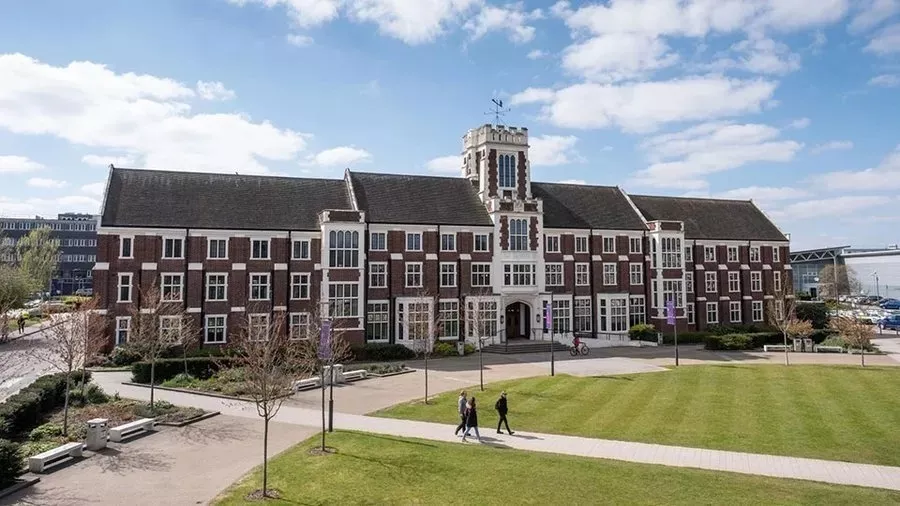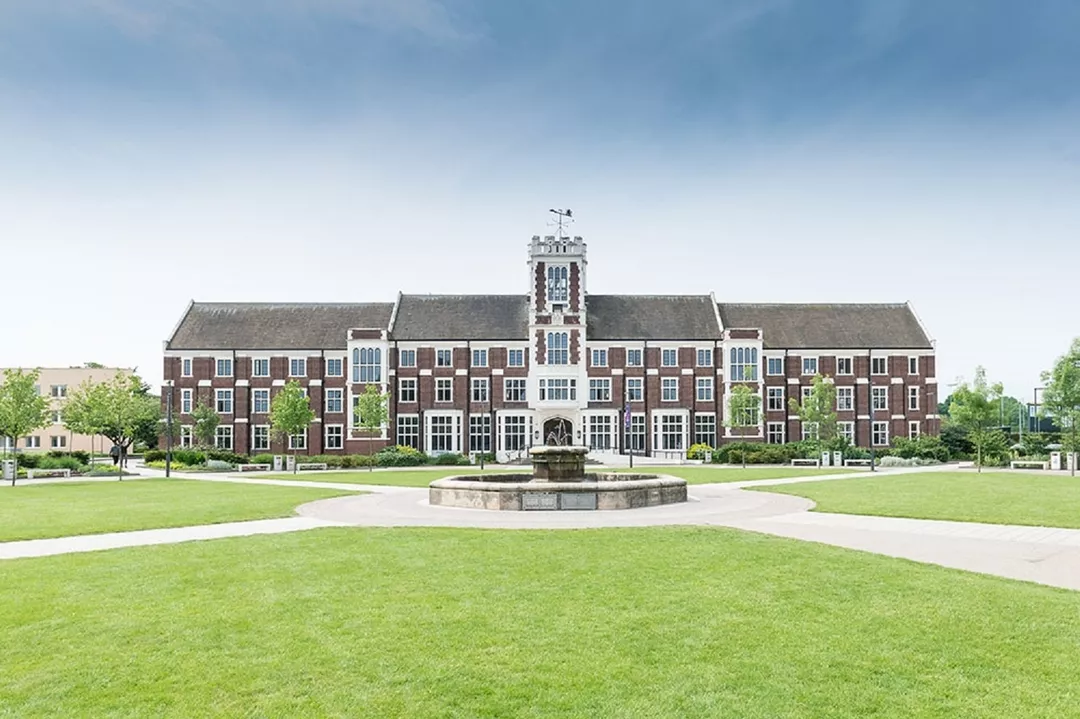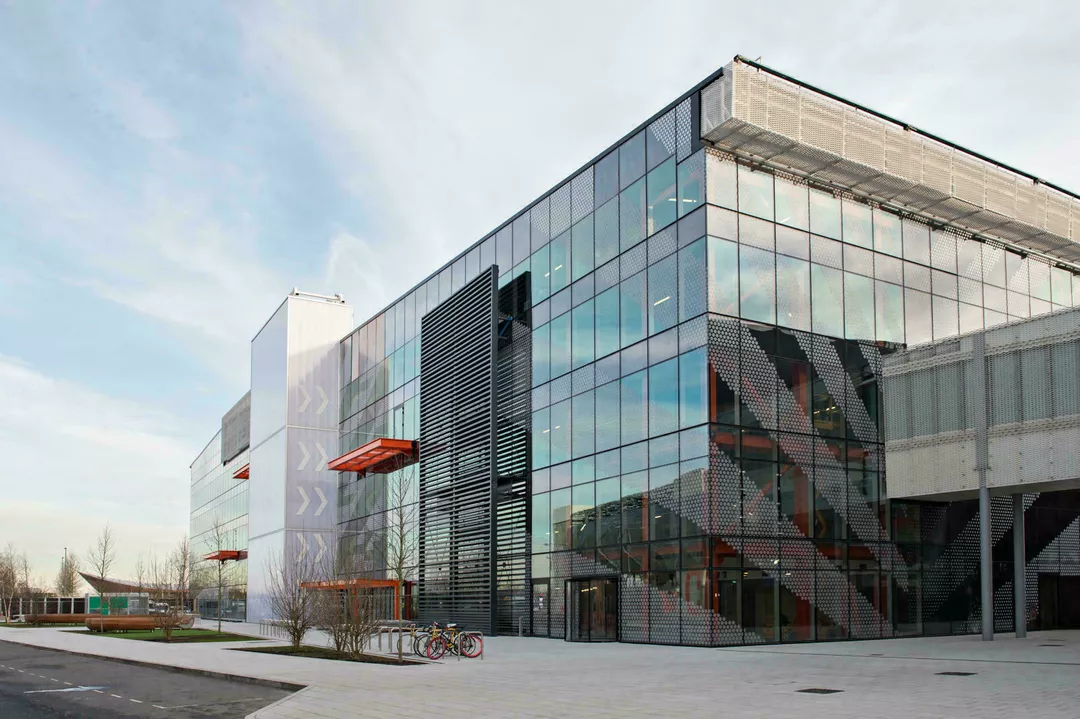-
hello@abroadcube.com
Mail us
-
Call For Help:
98779 83783
-
Whatsapp Us
70090 34921
Loughborough's MSc Industrial Mathematical Modelling will equip students with the skills and techniques required by industrial mathematics, including the real world problem-solving abilities in applied mathematics that are highly sought after within industry and commerce.
Industrial mathematics is a branch of applied mathematics that focuses on a modelling, simulating and solving problems of relevance to industry. The master's degree in industrial mathematics modelling enables students to explore mathematical models of real-world processes and their formulation, with a strong emphasis on how these techniques can be applied in industry, culminating in a 12-week summer project which is usually carried out within a local business. Students' projects are supported by the department's well-established links to industry and will give students a practical, real-life insight into how mathematical theory and technique is applied in organisational scenarios.
MSc Industrial Mathematical Modelling will see students work in small groups to solve industry-based problems using mathematical models and statistics, whilst also covering areas such as regular and chaotic dynamics, partial differential equations and fluid mechanics. As a postgraduate student within the Department of Mathematical Sciences, students' studies will be enhanced by the research insights of the school's international staff, as well as their recently refurbished building with dedicated modern facilities for mathematics.
| Level | Masters |
| Discipline | Mathematics |
| Duration | 12 months |
| Intakes | Oct |
| Application Fees | GBP 0 |
| Tuition Fees | GBP 19100 |
| Campus | Loughborough |
| Language proficiency (minimum) | |
| IELTS | 6.5 |
|---|---|
| TOEFL | 92 |
| PTE | 67 |
| Duolingo | 110 |
| Exam proficiency (minimum) | |
| SAT | Not Required / Waiver |
|---|---|
| ACT | Not Required / Waiver |
| GRE | Not Required / Waiver |
| GMAT | Not Required / Waiver |
Minimum GPA - 75%
QS Quacquarelli Symonds is the world’s leading provider of services, analytics, and insight to the global higher education sector, whose mission is to enable motivated people anywhere in the world to fulfil their potential through educational achievement, international mobility, and career development.
THE (Times Higher Education) has been providing trusted performance data on universities for students and their families, academics, university leaders, governments and industry, since 2004. We create university rankings to assess university performance on the global stage and to provide a resource for readers to understand the different missions and successes of higher education institutions.
The Academic Ranking of World Universities (ARWU) was first published in June 2003 by the Center for World-Class Universities (CWCU), Graduate School of Education (formerly the Institute of Higher Education) of Shanghai Jiao Tong University, China, and updated on an annual basis
The "Webometrics Ranking of World Universities" is an initiative of the Cybermetrics Lab, a research group belonging to the Consejo Superior de Investigaciones Científicas (CSIC), the largest public research body in Spain. CSIC is among the first basic research organizations in Europe. The CSIC consisted in 2006 of 126 centers and institutes distributed throughout Spain.



